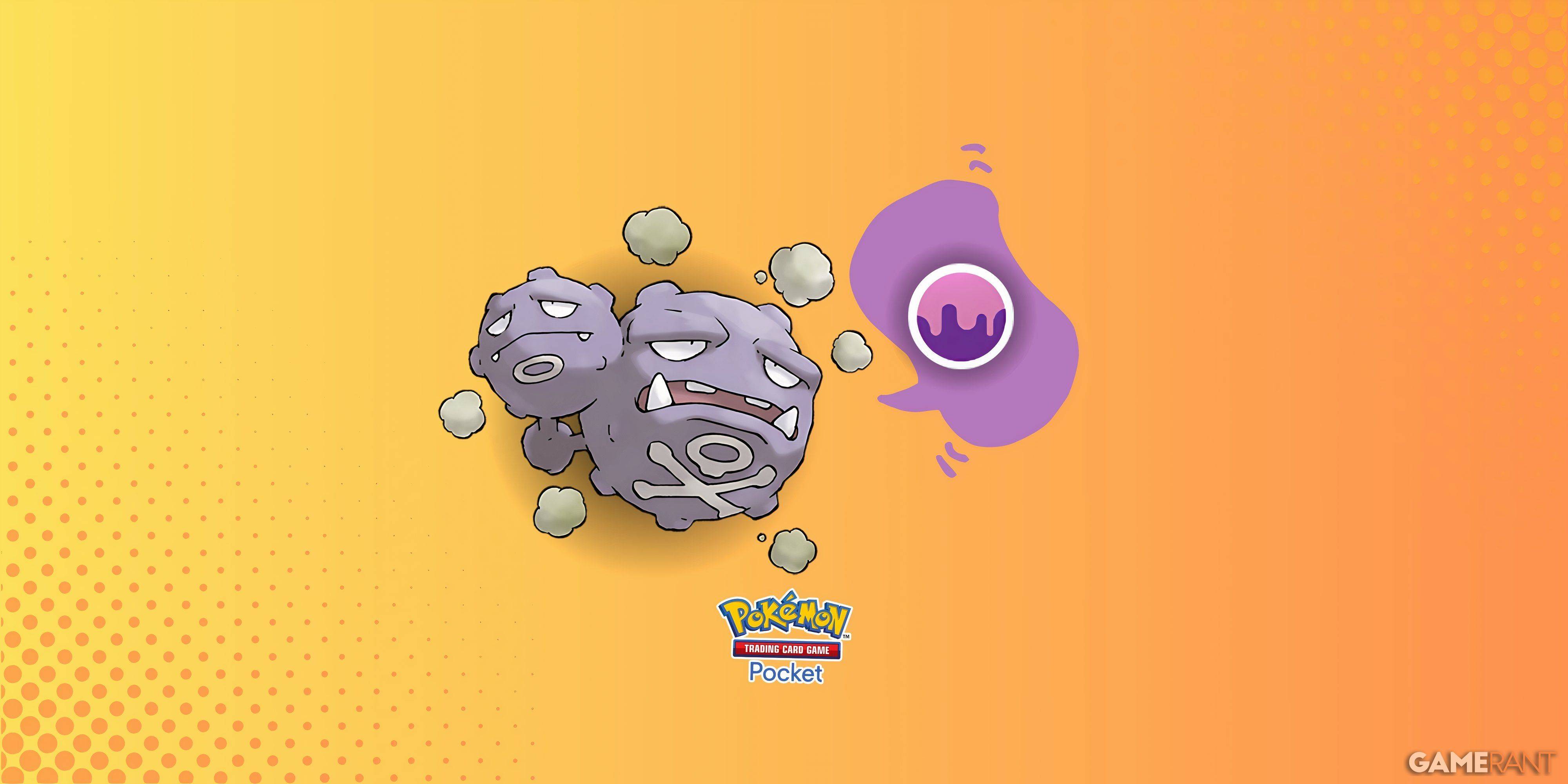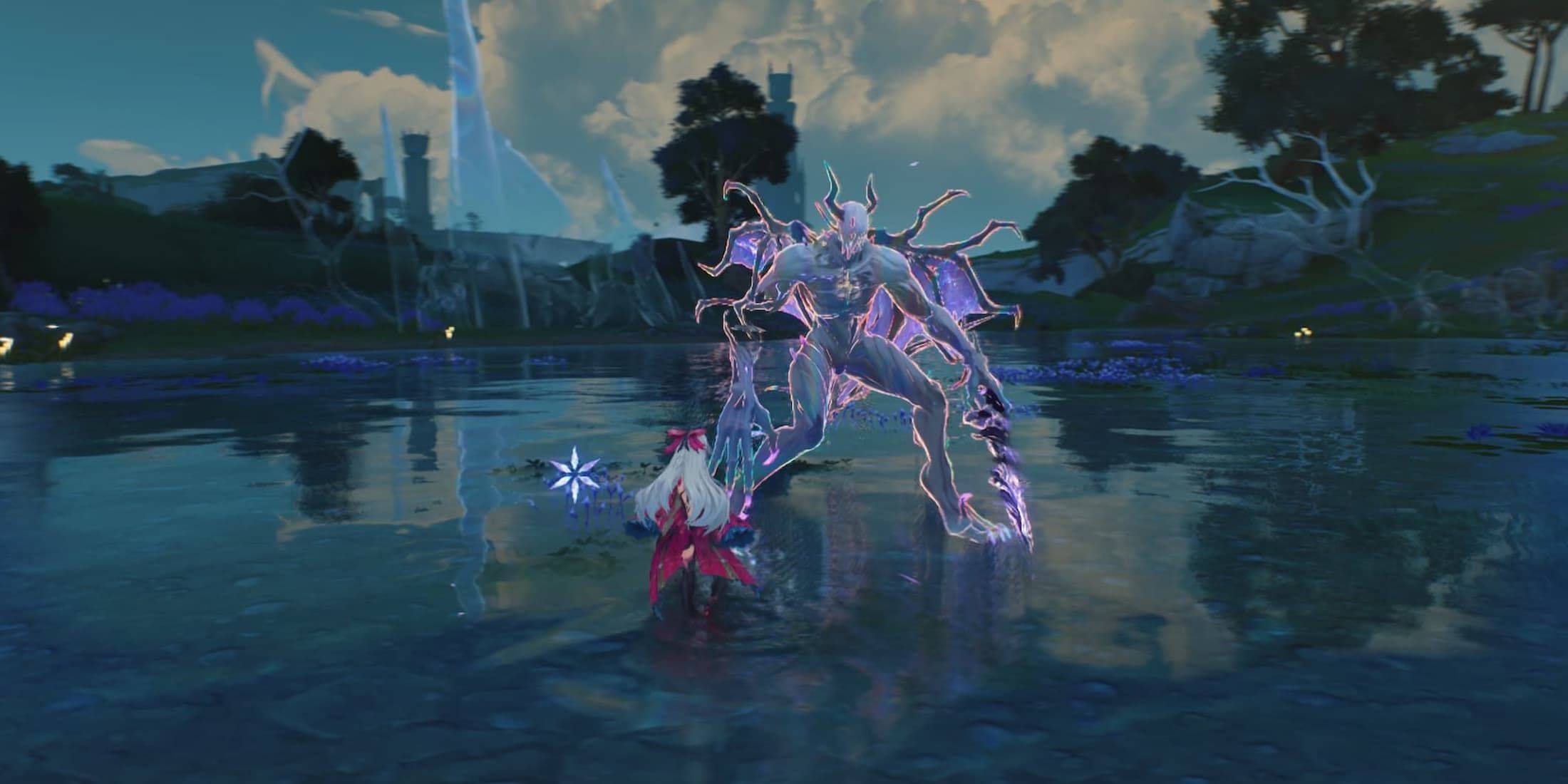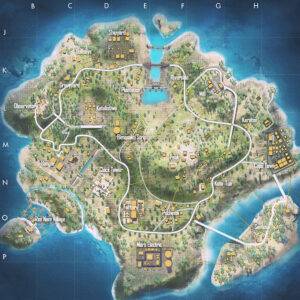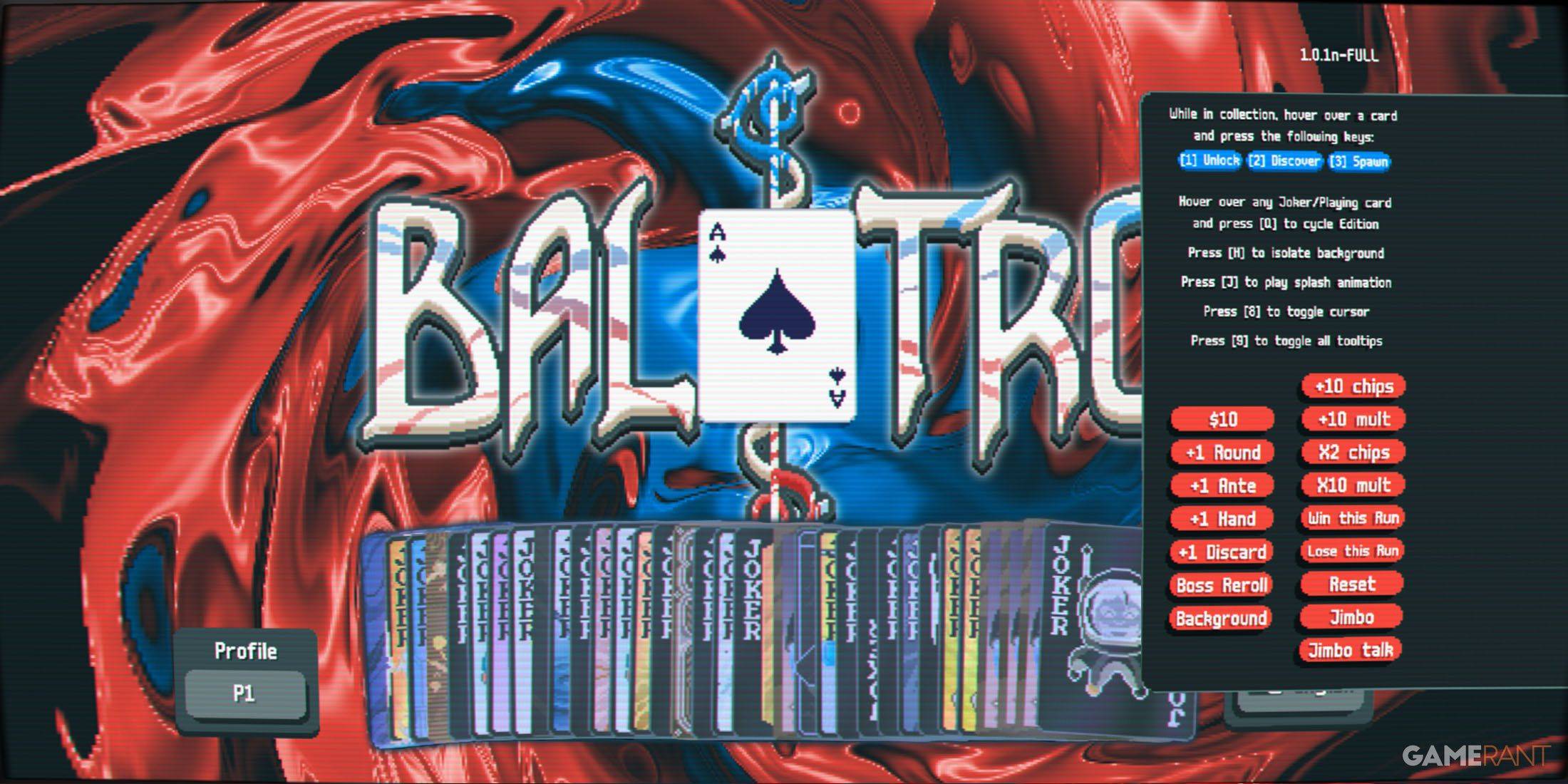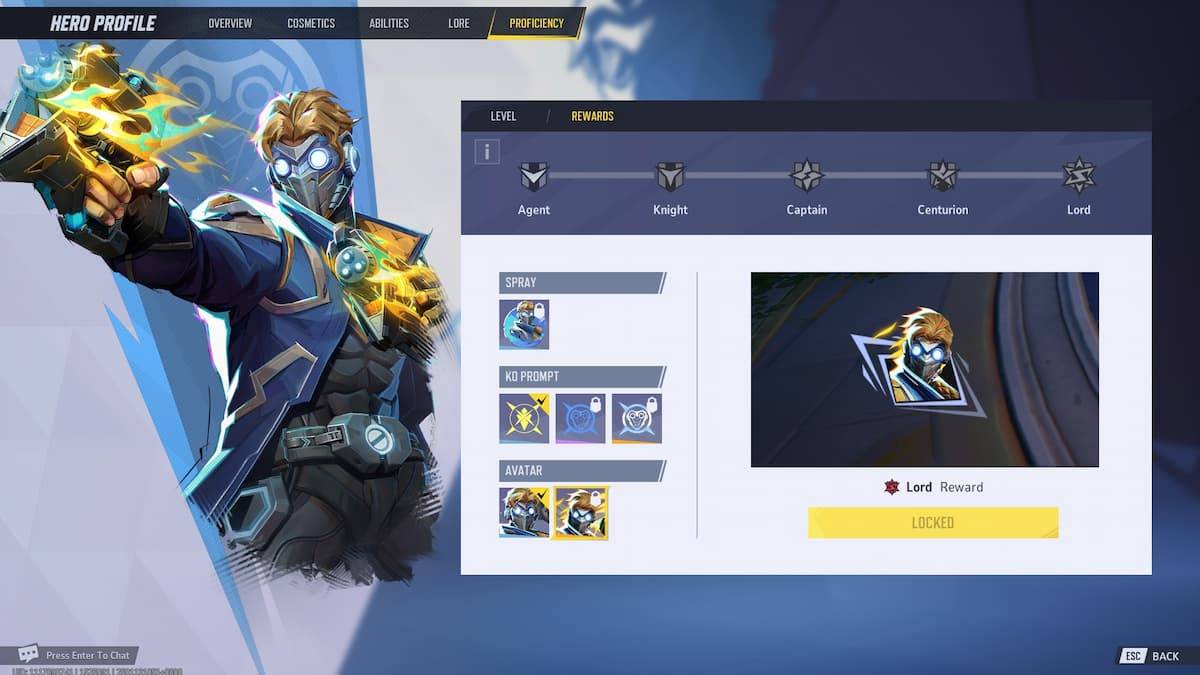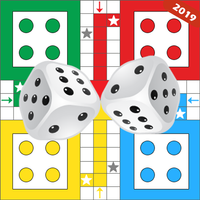"God of War's Success Hinges on Reinvention"
The God of War series has been a cornerstone of PlayStation gaming for nearly two decades, evolving dramatically since Kratos' journey began in 2005. While many franchises struggle to remain fresh, God of War has thrived by embracing change, most notably with the 2018 reboot that shifted the setting from Ancient Greece to Norse mythology. This transformation not only refreshed the series' visuals and gameplay but also laid the groundwork for its continued success.
Looking forward, reinvention remains crucial for God of War. Director Cory Barlog has hinted at future settings like Egypt and the Mayan world, sparking fan speculation about Kratos exploring the rich tapestry of Egyptian mythology. Yet, a new setting alone isn't enough; the series must continue to evolve its mechanics and narrative in the same innovative spirit that defined its transition from the Greek to the Norse era.
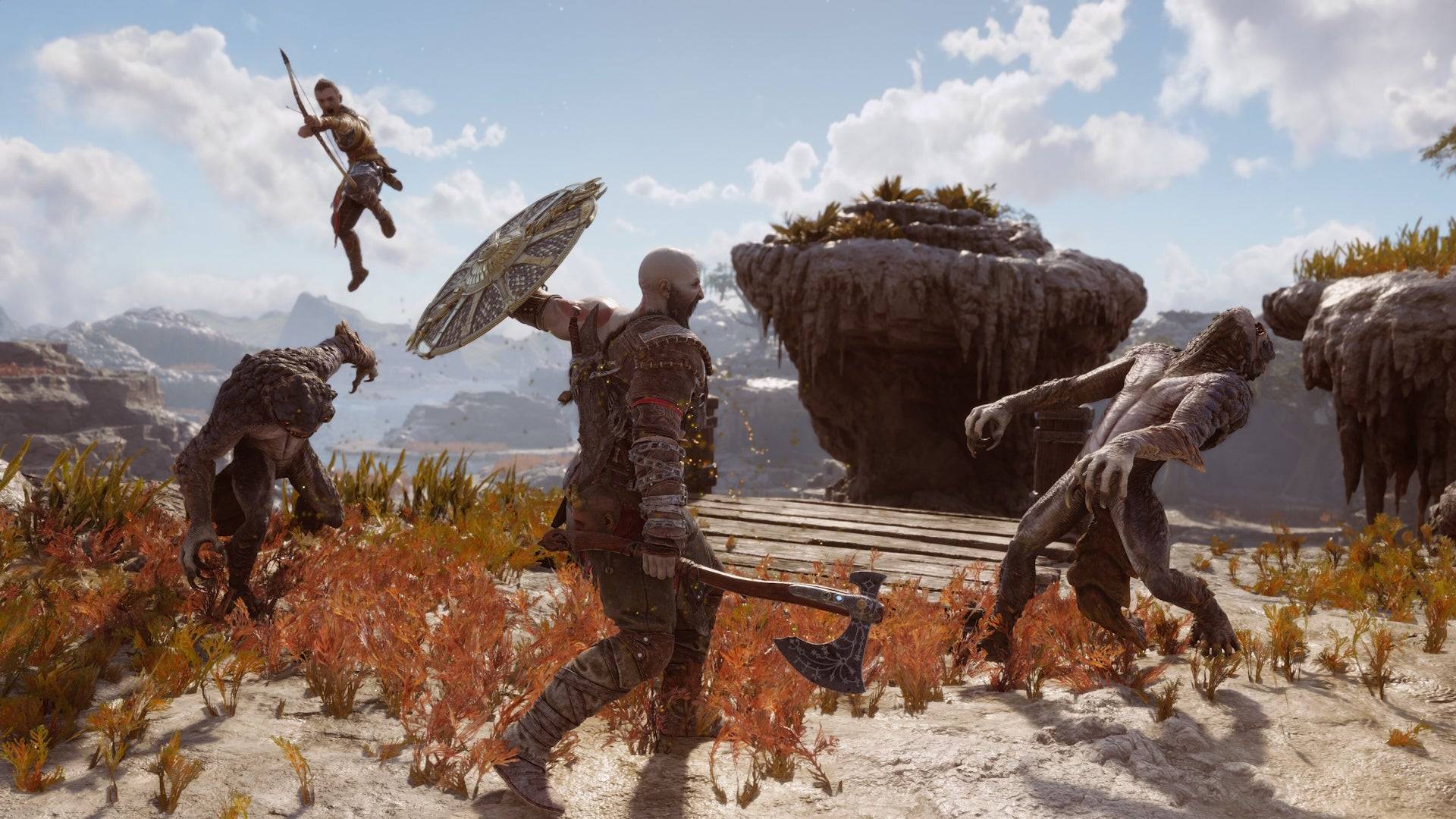 God of War's combat evolved for the Norse games, maintaining the intense spirit of the Greek trilogy. | Image credit: Sony
God of War's combat evolved for the Norse games, maintaining the intense spirit of the Greek trilogy. | Image credit: Sony
The evolution of God of War's gameplay is evident throughout its history. The original Greek trilogy refined its hack-and-slash mechanics over a decade, culminating in God of War 3 with enhanced magic systems and varied combat scenarios. The PlayStation 3's power allowed for improved graphics and dynamic camera angles, enhancing the overall experience.
The 2018 reboot marked a significant shift, moving away from the platforming and puzzle elements prominent in the Greek games. The new third-person perspective necessitated changes, yet puzzles remained, adapted to fit the new narrative-driven approach. The Valhalla DLC for God of War Ragnarök exemplifies this blend of old and new, reintroducing battle arenas from the Greek era within the Norse setting, both mechanically and thematically bringing Kratos' journey full circle.
The Norse games introduced numerous innovations, such as the Leviathan Axe's unique throwing mechanics, a combat-defining parry system with various shields, and the magical spear in Ragnarök, enhancing the gameplay across the Nine Realms.
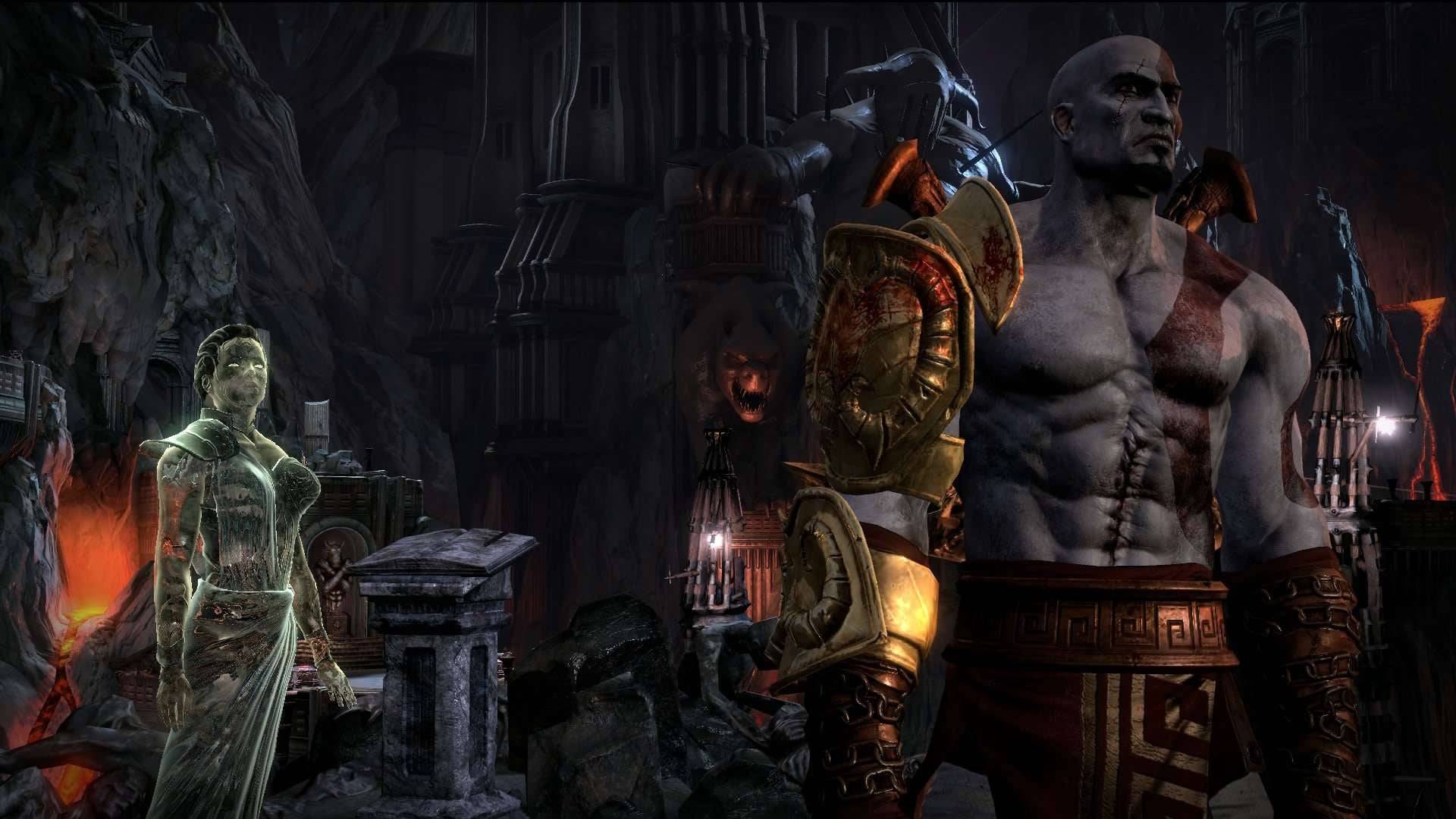 While the original trilogy had solid storytelling, the Norse duology elevated God of War's narrative to new heights. | Image credit: Sony
While the original trilogy had solid storytelling, the Norse duology elevated God of War's narrative to new heights. | Image credit: Sony
The most striking evolution in the series is its storytelling. The Norse games delve deeply into Kratos' emotional journey, exploring his grief and complex relationship with his son, Atreus. This shift from the more straightforward, action-driven narrative of the Greek trilogy to a more nuanced, emotionally charged story has been pivotal to the Norse era's acclaim.
God of War's success in reinvention stems from a philosophy of viewing the Norse games not as traditional sequels but as extensions of Kratos' journey. This approach ensures that each new installment builds upon the established foundations while pushing boundaries.
In contrast, Assassin’s Creed's frequent shifts in setting and gameplay have met with mixed reception. While profitable, the series has struggled to maintain the same level of fan loyalty as God of War. The transition to an open-world RPG format with Assassin’s Creed Origins and subsequent games has led to criticism over content bloat and a drift from the series' stealth roots. Recent efforts like Assassin’s Creed Mirage and the upcoming Shadows aim to reconnect with the series' origins, suggesting a recognition of the need to balance evolution with core identity.
God of War's ability to evolve while preserving its essence offers a blueprint for future success. Whether it's an Egyptian setting or another mythical world, the next God of War must continue to refine its combat while elevating its storytelling. The series' journey from a vengeful Kratos to a reflective father and leader underscores the importance of narrative in its modern success. Future installments must build on this strength, introducing bold new changes that could define the next era of God of War.
Latest Articles




![Taffy Tales [v1.07.3a]](https://imgs.anofc.com/uploads/32/1719554710667e529623764.jpg)







